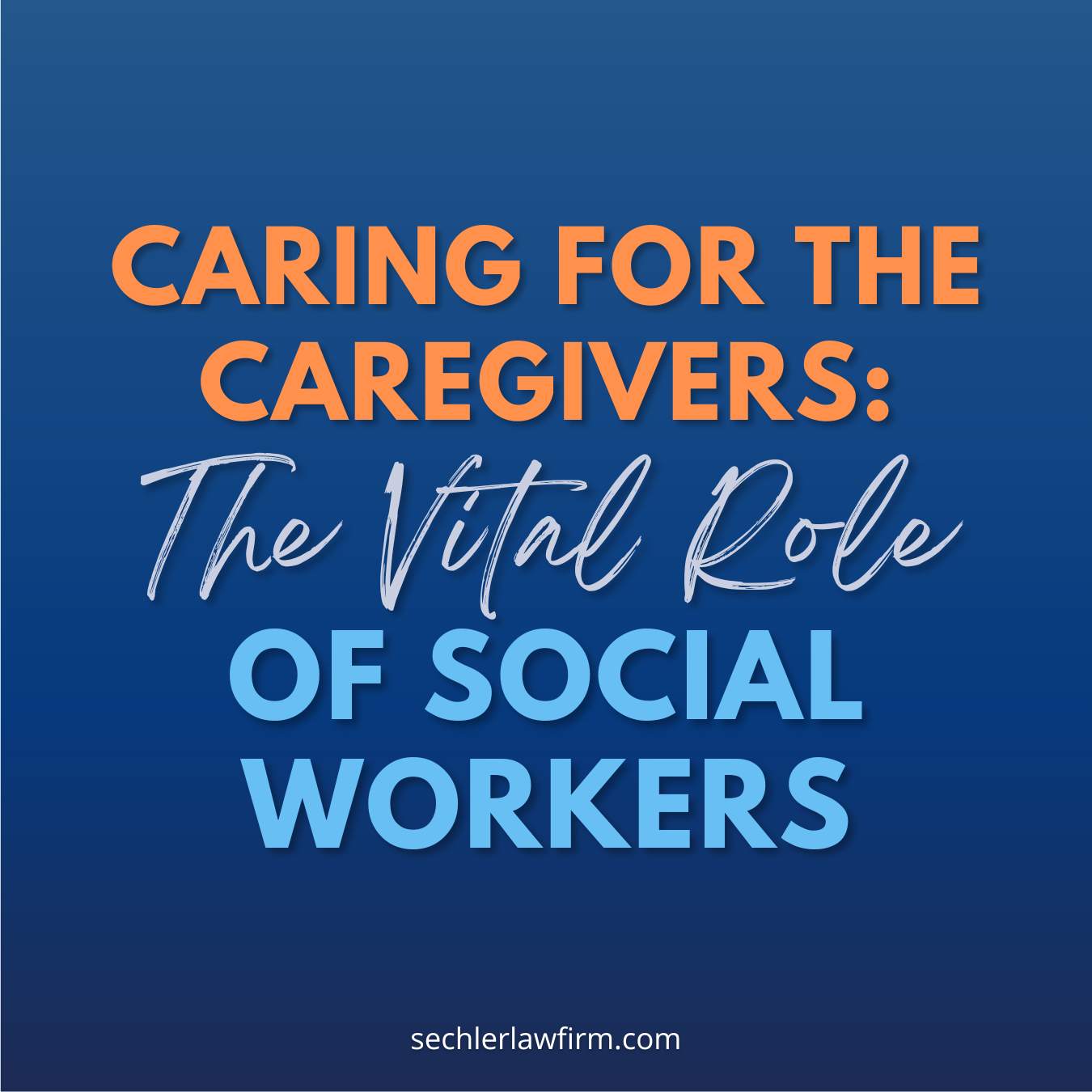Caring for a loved one with Alzheimer’s or another form of dementia is a journey filled with love, dedication, and, at times, overwhelming challenges. While the focus is often on the person with cognitive decline, we must also recognize the immense toll that caregiving takes on those providing daily support. Family members frequently step into this role, giving their time and energy to ensure their loved one’s well-being—but too often, their own well-being is overlooked.
The Hidden Toll on Caregivers
The responsibilities of caregiving can lead to what is known as “caregiver burnout”—a state of physical, emotional, and mental exhaustion. Many caregivers experience:
- Physical Exhaustion: The constant demands of caregiving, coupled with work and personal obligations, can lead to chronic fatigue.
- Emotional Stress: Watching a loved one decline is emotionally draining, often triggering feelings of grief, frustration, or guilt.
- Isolation: Many caregivers find their social lives diminish as their time is consumed by caregiving responsibilities.
Without adequate support, caregivers risk becoming overwhelmed, which can ultimately impact both their health and the care they provide to their loved ones.
Why Social Workers Matter for Caregivers
Social workers play a crucial role in supporting caregivers and ensuring they have the resources, knowledge, and emotional support needed. These professionals provide:
- Guidance on Care Options: Social workers help families navigate complex healthcare and long-term care systems. This ensures that loved ones receive appropriate support.
- Emotional Support and Counseling: Caregiving can be emotionally taxing, and social workers offer counseling services to help caregivers cope with stress, grief, and burnout.
- Access to Community Resources: From respite care services to financial assistance programs, social workers connect caregivers with essential resources to lighten their load.
- Care Planning and Advocacy: Social workers assist families in developing comprehensive care plans. They advocate for both the caregiver and their loved one to ensure their needs are met.
Strategies for Managing Caregiver Stress
While caregiving is demanding, caregivers can take steps to protect their well-being. Here are some essential strategies, many of which social workers can help facilitate:
- Seek Respite Care: Taking a break is essential. Social workers can help identify in-home care providers or short-term care facilities that offer temporary relief.
- Plan for the Future: Establishing key legal documents like a Power of Attorney and healthcare directives. Doing this in advance reduces last-minute decision-making and provides a greater sense of control.
- Join a Support Group: Connecting with others facing similar challenges can provide emotional support, practical advice, and a sense of community.
- Prioritize Self-Care: Small moments of self-care can make a significant difference in reducing stress. This could include a short walk, reading a book, or spending time with friends.
- Ask for Help: Leaning on family, friends, or professional services for assistance with daily tasks can lighten the load and prevent burnout.
Supporting Those Who Support Us
Caregiving is an act of love, but it should not come at the cost of the caregiver’s health and well-being. Social workers serve as invaluable allies in this journey, offering support, resources, and advocacy to help caregivers. In so doing, caregivers are able to navigate their responsibilities without feeling overwhelmed.
If you or someone you know is a caregiver, remember that help is available. Seeking support is not a sign of weakness. Rather, it’s an essential part of ensuring that both you and your loved one receive the best possible care.
Our firm’s social worker, Megan, and attorney, Roxanne, host a monthly Caregiver Support Group to provide guidance, encouragement, and community. If you’d like more information, please reach out to megan@sechlerlawfirm.com. The next meeting is scheduled for April 8th — we encourage you to join us!









